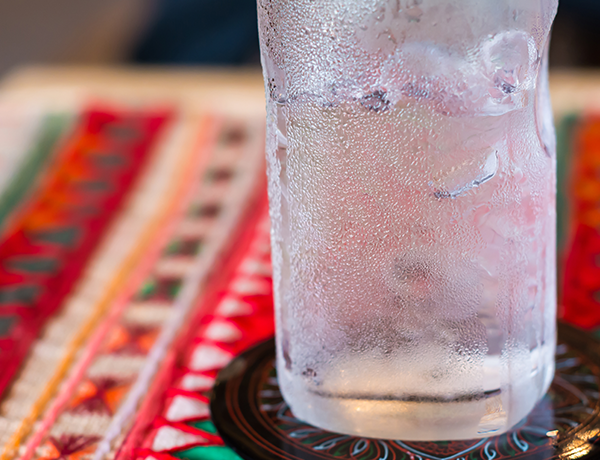 In the height of summer, we expect the days to be hot. But some are hotter than others — and when the mercury really climbs, it’s more than just uncomfortable. Every year, many Americans suffer heat-related illness and, in some cases, death.
In the height of summer, we expect the days to be hot. But some are hotter than others — and when the mercury really climbs, it’s more than just uncomfortable. Every year, many Americans suffer heat-related illness and, in some cases, death.
When temperatures climb into the high 80s or 90s, seniors and people managing chronic disease are at greater risk for heat-related illness. Their ability to sense and respond to temperature changes may not be as acute, and the body may not be able to efficiently handle heat stressors. For seniors aging in place, being home alone could potentially pose a challenge for preventive cooling strategies. However, with a bit of knowledge and advanced planning, heat-related illness can be avoided. Read on for the best ways to keep safe and cool.
Cool Tips
Follow these guidelines to help stay cool during dangerously hot days:
- Work around peak temperature times. You may need to rearrange your schedule to avoid being out of doors during the hottest part of the day (mid-morning through mid-afternoon). If you normally exercise outdoors, do it first thing in the morning or late in the evening — or move your workout to a cooler locale. Consider putting off errands that can wait for another day. If you must travel around town, remember it is never safe to leave an animal or person to wait in a parked car on a hot day, for any length of time.
- Air conditioning is king. Remain indoors through the hottest hours. Importantly, the Centers for Disease Control recommend that you do not rely on a fan for primary cooling — rather, find an air-conditioned environment where you can spend at least a few hours, such as a local community center, mall, or library. Many communities offer air-conditioned shelters and may be able to provide transportation.
- Stay strategic when at home. Because heat rises, plan to remain on the lowest level of your home, and keep windows covered to minimize heat from the sun. If you must use a fan for cooling, direct it to blow out indoor air through a window, rather than bringing even warmer air in. Using the stove or oven can heat the house further, so avoid baked or cooktop meals. Wear loose, pale-colored clothes, sleep with lightweight layers, and try taking cool showers or baths for relief.
- Hydrate wisely. Dehydration is a major concern in excessive heat, so increase your intake to combat fluid loss. Drink more water than usual over the course of the day; don’t wait until you feel thirsty. Note that carbonated beverages or drinks that contain alcohol, caffeine, or lots of sugar are less effective for hydration purposes — water is the best choice. (If you have a condition that requires restricted fluids, ask your doctor of clinician how to adjust for the heat.)
- Keep connected. Plan ahead for hot weather by following local news. On extremely hot days, check in with your caregivers, friends, and neighbors, and ask them to do the same for you. (If you expect to hear from someone but don’t, it could help signal that they may need assistance.) Find out in advance if your community has a heat wave hotline or other number that you can call in case you need help.
- Be on the alert for heat exhaustion and heat stroke. Signs of heat-related illness include muscle cramping, abnormal sweating (either a lot or not at all), skin changes (clammy and pale, or hot and red), headache, weakness, dizziness, nausea, and rapid pulse. If you recognize any of these, call someone for immediate aid.
Special Considerations for Diabetes
Extreme temperatures can also affect blood sugar, so patients who are managing their diabetes should be especially vigilant. For example, high temperatures can damage medications and testing supplies, so keep them out of direct sunlight (or parked cars). Additionally, since the symptoms of heat-related illness and the symptoms of a hypoglycemic episode are similar, you might want to test your blood sugar more often to catch and correct lows as well as highs. Finally, no matter how hot it gets, always keep your feet protected in well-fitting, diabetes-friendly socks and shoes.
Heat waves can pose a serious danger to people of any age, and at-risk populations such as seniors need to take the threat seriously. Through readiness and caution, seniors and their caregivers can equip themselves to weather even the hottest days safely and in good health.
No matter what your health challenge may be, Residential Home Health offers a range of services to help you work toward your health goals safely at home. Call (888)930-WELL (9355) to discuss your specific situation with a Home Care Specialist today, or click the link below to take our 60-second, 15-question Home Care Assessment.
{{cta(‘3073a01b-4a0b-41c6-91c0-460ecd8e3277’)}}

